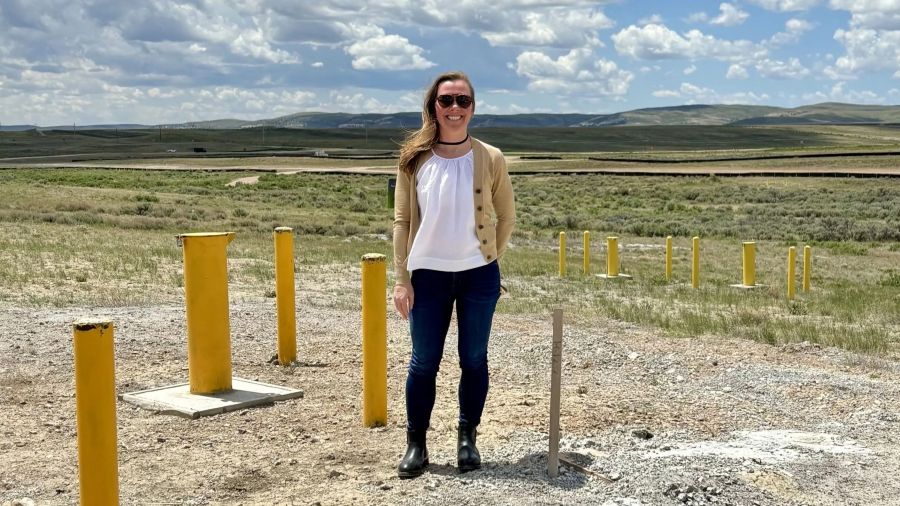President-Elect Biden Preparing Action on Energy Policy Reform
President-Elect Biden Preparing Action on Energy Policy Reform
President-Elect Biden’s plan to address global warming with sweeping legislation may not be possible without Democratic control of the Senate (with the final make-up of the Senate still dependent on two Georgia runoffs on January 5), but executive action and the power of the presidency will allow quick action in a number of areas important to environmentalists and renewable energy advocates. The Biden camp spelled out some of his priorities on a transition team website, citing an "opportunity to build a more resilient, sustainable economy, one that will put the United States on an irreversible path to achieve net-zero emissions, economy-wide, by no later than 2050." Biden has pledged to “achieve a carbon pollution-free power sector by 2035.”
President-Elect Biden is also considering former key Obama-era officials for energy and climate roles, including former Secretary of Energy Ernst Moniz and former Advanced Research Projects Agency-Energy Director, Arun Majundar. Biden has proposed creating a new Advanced Research Projects Agency on Climate (ARPA-C), with a mission focused on helping achieve 100% clean energy and emission reduction targets; Majundar, an honorary Fellow of ASME, led the rollout of ARPA-E in 2009.
Executive action could allow the incoming Biden Administration to take relatively quick action in a number of areas, including:
President-Elect Biden is also considering former key Obama-era officials for energy and climate roles, including former Secretary of Energy Ernst Moniz and former Advanced Research Projects Agency-Energy Director, Arun Majundar. Biden has proposed creating a new Advanced Research Projects Agency on Climate (ARPA-C), with a mission focused on helping achieve 100% clean energy and emission reduction targets; Majundar, an honorary Fellow of ASME, led the rollout of ARPA-E in 2009.
Executive action could allow the incoming Biden Administration to take relatively quick action in a number of areas, including:
- Rejoining the Paris Climate Agreement;
- Blocking new oil and gas leasing/permitting in the Arctic National Wildlife Refuge;
- Re-certification of California’s fuel economy and zero-emission vehicle (ZEV) programs;
- Allowing increased community input in NEPA process / additional NEPA review;
- Climate-related sanctions/tariffs and/or fossil fuel export bans/restrictions;
- Halting issuance of Small Refiner Exemptions (SRE) for the Renewable Fuel Standards Program.
- Encouraging carbon capture and other zero-carbon technologies through research investments and tax incentives;
- Using the federal government’s procurement power – to the tune of $400 billion over 10 years – to purchase electric vehicles, batteries, and other clean energy technologies;
- Investing in infrastructure, including electric vehicle charging and modernizing the electric grid;
- Reforming and extending tax incentives for wind, solar, and other clean energy technologies; and
- Prioritizing the development of renewable energy on public lands.



